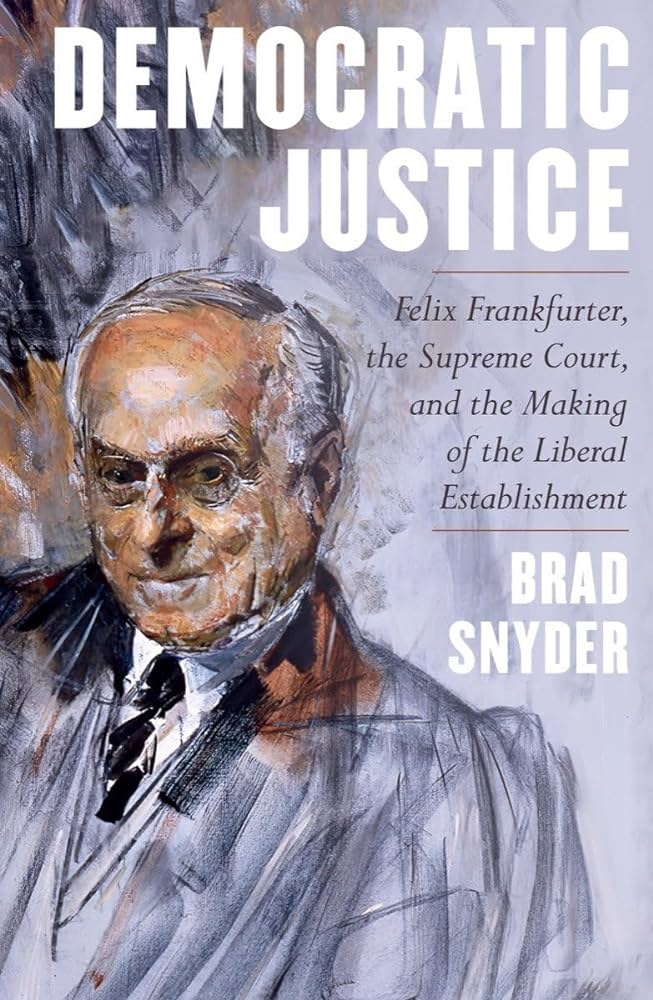An unlikely figure from the Supreme Court’s past loomed over the justices’ controversial decisions in June: In Dobbs v. Jackson Women’s Health, which overturned the right to abortion articulated in Roe v. Wade, at least four of the court’s five opinions vied for Felix Frankfurter’s legacy. Justice Samuel Alito’s majority and the concurrence by Justice Brett Kavanaugh harked back to Frankfurter’s fierce critique of judicial activism. Frankfurter believed legislatures, not judges, should enshrine new rights. Meanwhile, Chief Justice John Roberts (whose concurrence cited him by name) and the liberal dissenters took up the idea of judicial minimalism Frankfurter had helped create. It wasn’t the place of the court, Frankfurter believed, to make unnecessary alterations in existing law.
The resurgence of Frankfurter is one of the more improbable developments in U.S. law today. By the end of his tenure on the U.S. Supreme Court in 1962, the justice’s influence had reached a low point. Frankfurter seemed to have accomplished more in his earlier career as a progressive lawyer and as a New Deal insider than as a Supreme Court justice. In the bruising fight between reformers and the conservative judiciary a century ago, he had emerged as an indefatigable defender of progressive causes, labor unions, and civil rights. In the New Deal, he had served as an adviser to President Franklin Roosevelt, and as the hub in a network of allies and students who staffed the government’s new administrative agencies. In 1939, Roosevelt nominated Frankfurter to a seat on the Supreme Court, where he served long enough to age into a cranky conservativism. In his last two decades, he held less sway with each successive White House. His clout dwindled on the court, too. His final years found him issuing intemperate dissents from the holdings of his younger liberal colleagues.
After Frankfurter’s death in 1965, biographers showed little interest in writing about his life. Would-be chroniclers came to dislike their subject as they researched him. Frankfurter was ambitious to a fault with strains of narcissism. He flattered superiors and exhibited venomous contempt for those who disagreed with him. A further problem was the sheer volume of material. Frankfurter wrote a dozen letters a day or more. He wrote hundreds of articles and drafted countless briefs, reports, and books. His vast papers in the archives at Harvard Law School and the Library of Congress amount to 500 boxes of material containing more than 110,000 items. To make matters worse, some of the most important files in Frankfurter’s archives were stolen from the Library of Congress in the early 1970s, and their whereabouts remain unknown.
Brad Snyder’s new book, Democratic Justice: Felix Frankfurter, the Supreme Court, and the Making of the Liberal Establishment, is the first work to grapple with his life and legacy in full. Snyder, a law professor and historian at Georgetown, presents Frankfurter as an antidote to a court that has struck down campaign finance laws, crippled the Voting Rights Act, canceled gun control legislation, undermined the regulatory state, and removed the right to abortion. This is a degree of power, Snyder points out, that Frankfurter believed the court should never wield. And in Frankfurter’s belief that rights should not be left to the court, but established through democratic processes, Snyder sees a progressive path beyond today’s conservative court.
